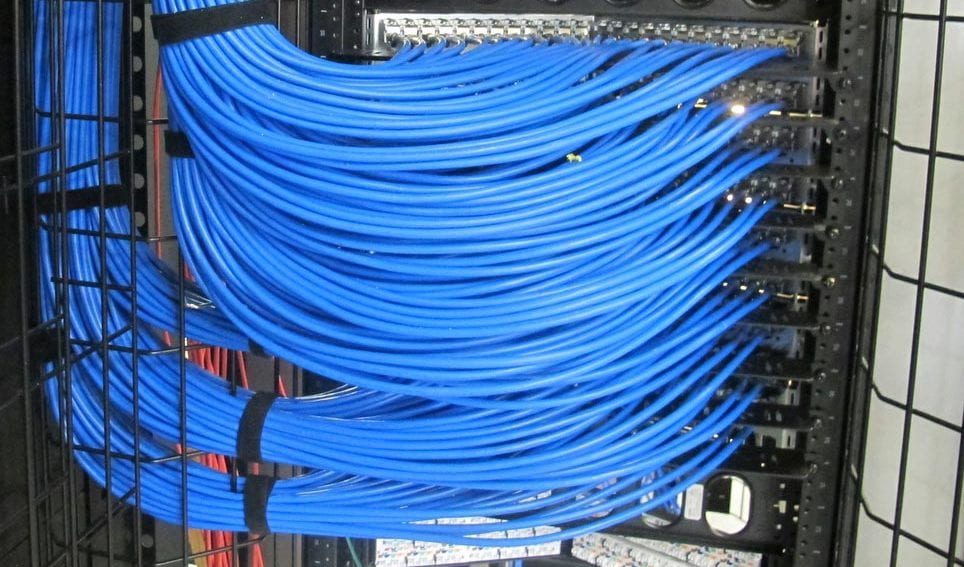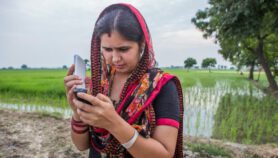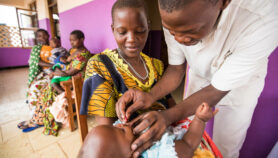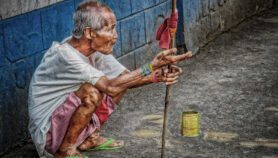Send to a friend
The details you provide on this page will not be used to send unsolicited email, and will not be sold to a 3rd party. See privacy policy.
Several research institutes are preparing to launch a prototype open-access ‘warehouse’ of digital data to help increase the online accessibility of development research coming from the global South and boost their decision-making influence.
The Global Open Knowledge Hub is being developed by seven research bodies in the developing world, along with the UK-based research charity the Institute of Development Studies (IDS) and the US-based International Initiative for Impact Evaluation (3ie), to host their collections of thousands of development-related research documents and data sets.
“The hub is all about making it easier for organisations [from developing nations] to share their content and to ensure that the knowledge pool is enriched,” says Kelly Shephard, editorial manager with IDS. “This, in turn, will enable otherwise unheard voices to contribute to global debates and decision-making.”
The initiative is being designed to function as a “back-end data store”, similar to an institutional digital archive, but one that can host data from a number of institutions, according to Shephard.
Creating a platform for easy data sharing will help increase the use of research from member institutes, says Sheila Siar, director of research information at the Philippine Institute for Development Studies (PIDS), one of the project’s founding organisations.
PIDS, like many research bodies in developing countries, has struggled to gain visibility for its research beyond regional development circles, says Siar.
“The power imbalance today is not just that developing countries have low access to capital and technology, but also low exposure in the international arena,” she says. "The development research that we produce is not sufficiently and effectively disseminated, so we don’t have a strong voice in development discourse.”
One existing global initiative to boost the influence of developing world research in international policymaking, GDNet, is part of the new hub initiative. Although GDNet is due to close in June, it plans to hand over its data sets and research summaries to the hub.
Research from the global South risks becoming less visible in an era of open knowledge, according to Tim Davies, research coordinator at the World Wide Web Foundation, which pushes for global open access to the web.
“It’s still really hard to find scholarship on Africa coming out of Africa, partly because the digital library systems and research infrastructures of universities, and other institutions haven’t had enough investment or the skills and technologies to do it effectively,” he says.
“Given that open access, by default, is a good way to go, we need to respond by building capacity with those who would find it difficult to participate in this web of data and online spaces,” adds Davies.
While there are roughly 2,600 open-access repositories of academic information and data from research institutes globally — as listed on the Directory of Open Access Repositories — about half are in Europe and a fifth in North America.
“The open-data world is currently dominated by big international organisations and by governments,” says Shephard. “The cost of entry to this world is quite high in terms of money and skills. Southern content is easily cut out in this scenario.”
“With open data, you can make more diverse kinds of knowledge available, which is essential for creating new ideas and innovation.”
Sheila Siar, Philippine Institute for Development Studies
But successfully promoting the visibility of research from the developing world in an online environment will require more than simply uploading content, says Leslie Chan, director of Bioline International, a Brazil-based platform for the open-access distribution of journals from nearly 20 developing countries, Chan, who is also associate director of the Centre for Critical Development Studies, within the University of Toronto at Scarborough, Canada, warns that open-access developers must consider how to make content not just available, but also easy to find and repurpose.
“A common mistake is to create a repository without making its content easily reusable, which makes it very limited,” he says. “There needs to be more attention paid to interoperability, meaning how are we going to make sure that the stuff that we put in our repository can be found and used by others?”
The hub is still in its early stages — the first meeting of the partners was in January and the prototype repository is due to be launched within the coming months, according to Shephard.
The organisers are focusing on providing a wide range of content by engaging new partner institutes, says Shephard, although she acknowledges that an important factor is how content will be organised.
Ultimately, its organisers hope the hub will advance development goals by broadening the kinds of research materials that are available, according to Siar.
“With open data, you can make more diverse kinds of knowledge available, which is essential for creating new ideas and innovation,” she says. “If development is monopolised by information coming from the North, then it stifles the process because policymakers and development planners will have a limited perspective,” she adds.
As well as 3ie, GDNet, IDS and PIDS, the hub partners are: the Caribbean Community Climate Change Centre, Practical Action Latin America Regional Office, the Indira Gandhi Institute of Development Research, Soul Beat Africa and the Secretariat of the Pacific Regional Environment Programme.














